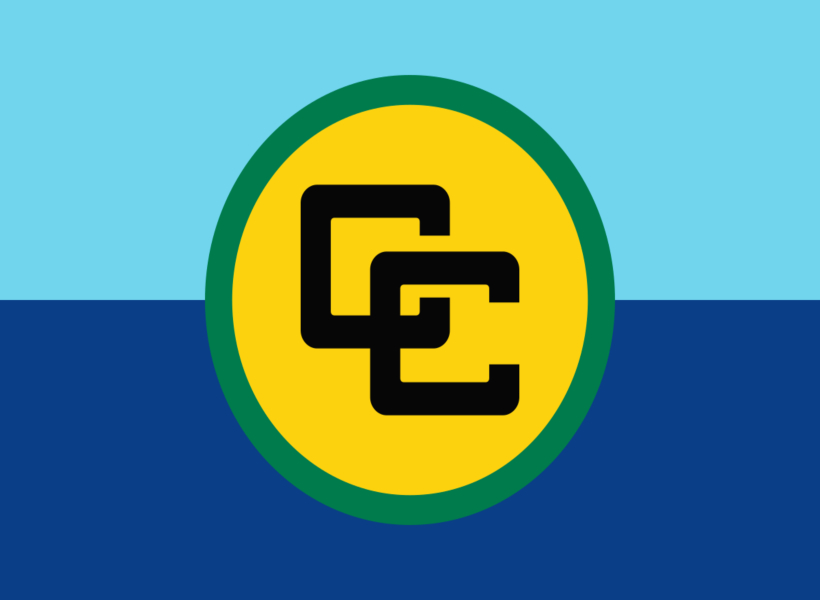The Caribbean Community (CARICOM)’s Heads of Government will be moving to expand the existing categories of skilled workers to facilitate beauty service practitioners, barbers, agricultural workers, and security guards.
According to the CARICOM website, this initiative is high on the Community’s agenda as Leaders are set to meet in St. Lucia tomorrow to kick off the bloc’s 40th Heads of Government summit.
Currently, the CARICOM Free Movement of Skills provisions are classified under two categories: wage earners and non-wage earners (persons who are self-employed). The approved categories of wage earners who are entitled to move and work freely within the Community are university graduates with at least a Bachelor’s Degree or equivalent qualifications; musicians; artistes; sportspersons; media workers; registered nurses; trained teachers; artisans who have obtained a Caribbean Vocational Qualification (CVQ); and holders of associate degrees and equivalent qualifications.
When the Heads meet, they are expected to build on the St. Ann’s Declaration that was approved at their 18th Special Meeting on the CARICOM Single Market and Economy (CSME) in Trinidad and Tobago last year.
The Declaration, which confirmed the CSME as still the most viable platform to support the Region’s growth and development agenda, puts forward several measures for determined action. Among them is a more formalised, structured mechanism for engagement with the region’s private sector and labour.
Several other major matters related to security and regional and foreign relations are also expected to be part of the deliberations.
An opening ceremony will be held tomorrow and will be addressed by Prime Minister of St. Lucia Alan Chastanet; the outgoing Chairman, Prime Minister Dr Timothy Harris of St. Kitts and Nevis; and CARICOM Secretary-General Ambassador Irwin LaRocque.
The Caribbean Community (CARICOM) has 15 Member States – Antigua and Barbuda, The Bahamas, Barbados, Belize, Dominica, Guyana, Grenada, Haiti, Jamaica, Montserrat, St. Kitts and Nevis, Saint Lucia, St. Vincent and the Grenadines, Suriname and Trinidad and Tobago; and five Associate Members – Anguilla, Bermuda, British Virgin Islands, Cayman Islands, and the Turks and Caicos Islands.













